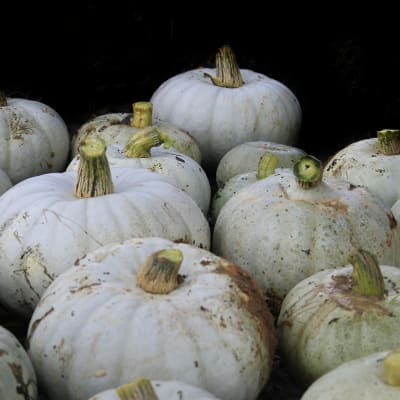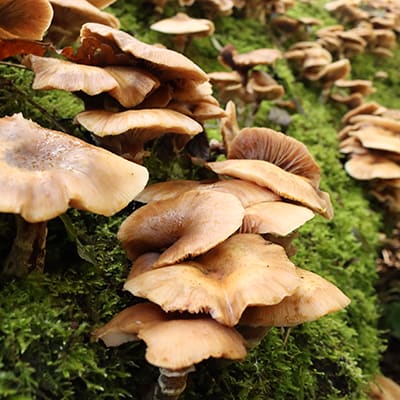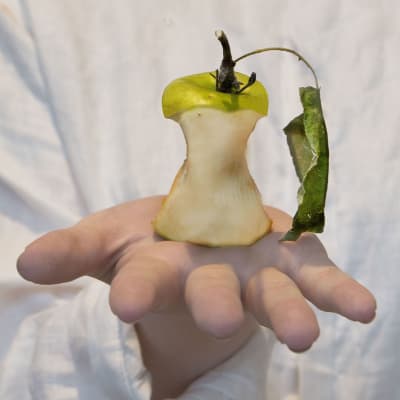With the first frosts and festive season upon us, our minds turn to hearty meals and indulgent treats that lie ahead. But before focusing on our own winter stores, it’s a good idea to care for our feathered friends, whose wild food sources dwindle at this time of year.
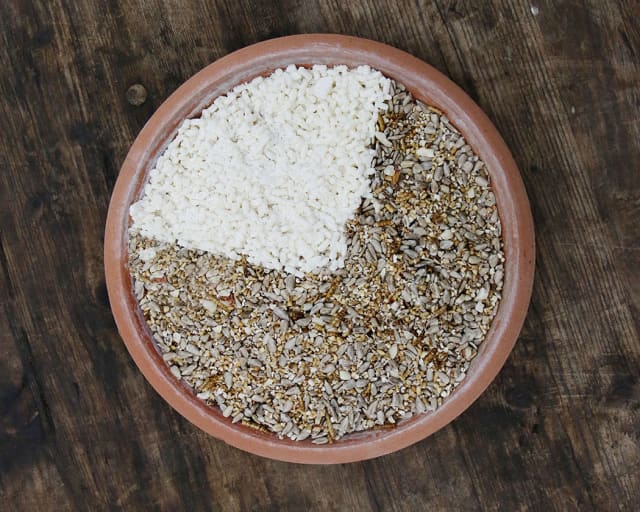
British birds have struggled with food scarcity and habitat loss since the increased use of agricultural land. Mass hedgerow removal to expand field space; herbicides to kill off wild plant species; insecticides to kill off insects – all of this has made it difficult for them to find food.
And as leaves and temperatures drop, it becomes even more of a challenge; small birds may need to eat up to 30-40% of their body weight each day to survive the winter.
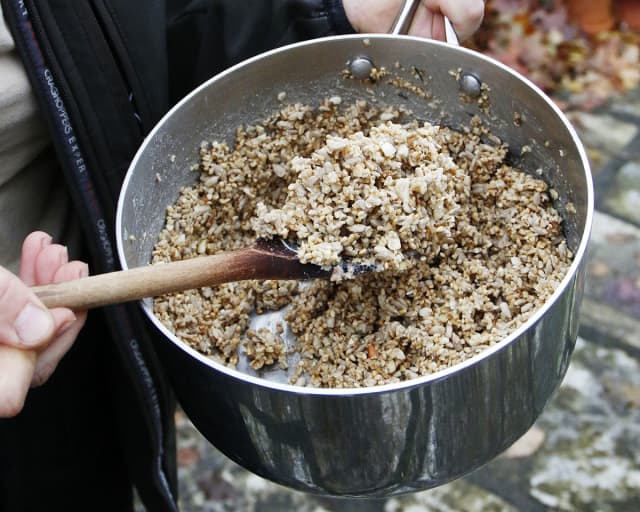
A varied bird population takes residence at The Newt, including the Goldfinch, Greenfinch, Blackbird, Chiffchaff, Wren, Wood Pigeon, Great Tit, Blue Tit, Jackdaw, Sparrow Hawk, Raven, Buzzard, Song Thrush and Great Spotted Woodpecker.
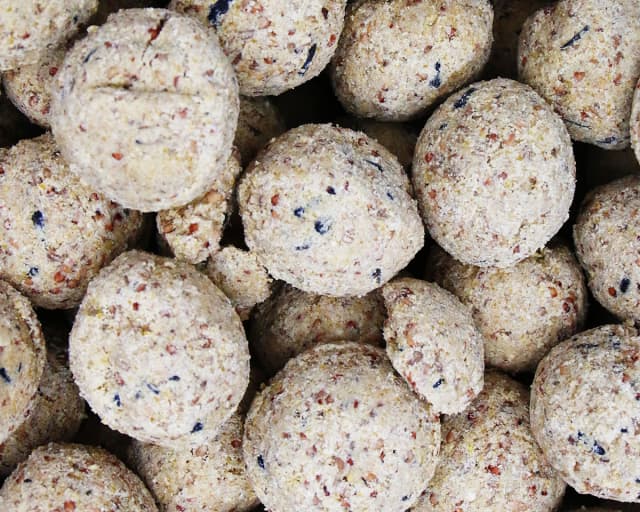
Throughout the year, we support this birdlife by farming responsibly - without herbicides or pesticides, assigning fields to wildflowers and bordering crop fields with sunflowers - and encouraging a rich biodiversity. In the orchards, a ‘No Mow May’ rule allows meadow species to grow tall, a living larder for the birds.
Numerous habitats have been created in our gardens and woodland. A wetland area is home to both migrant and resident birds – including a kingfisher, whose iridescence sparkles as it darts across the lake. Nesting boxes in the trees provide safe hideaways for native birds. We even leave the Gardener’s Cottage slightly ajar during nesting season, for the male wren who has taken a liking to it.
We’re working with the clever folk at Candide to map these populations and their nesting sites, giving us accurate data on the species living here and their numbers, in turn informing our wildlife and conservation management programme.
Why do all of this?
We need birds more than they need us. They spread seeds, pollinate plants and control pests. All of which maintains balance in ecosystems the world over. And of course, their chirruping songs lift our spirits – which we all need at the moment.
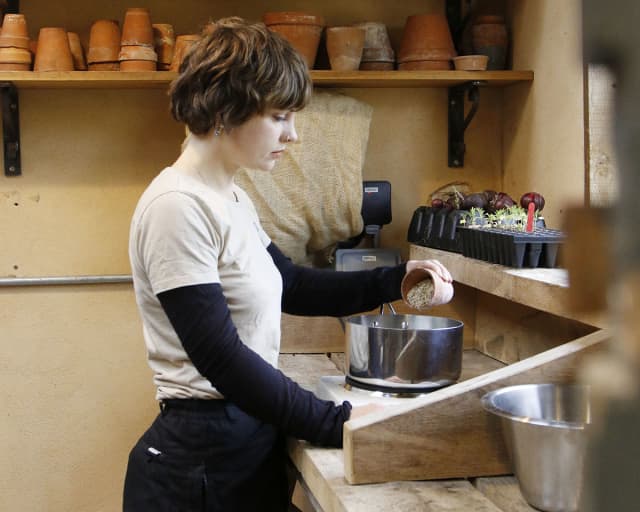
Bird Feeder Balls
Makes 6-8
1kg bird seed mix (sunflower seeds, ground millet, rolled oats)
500g shredded vegetable suet
Place the suet in a saucepan over a low heat, and melt gently
Add the seeds a little at a time to achieve a thick consistency
Leave to cool, either in the fridge or at room temperature
Gently break apart the mixture with a fork
Roll the mixture into balls of roughly equal size, and leave to set briefly again in the fridge
Once ready, load the balls into a feeder and place in the garden or on a windowsill

